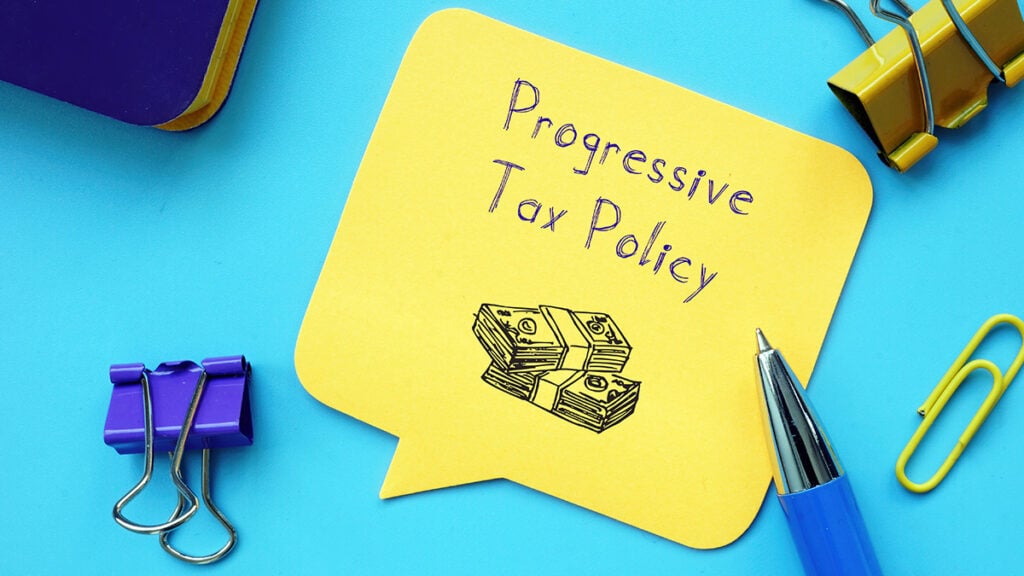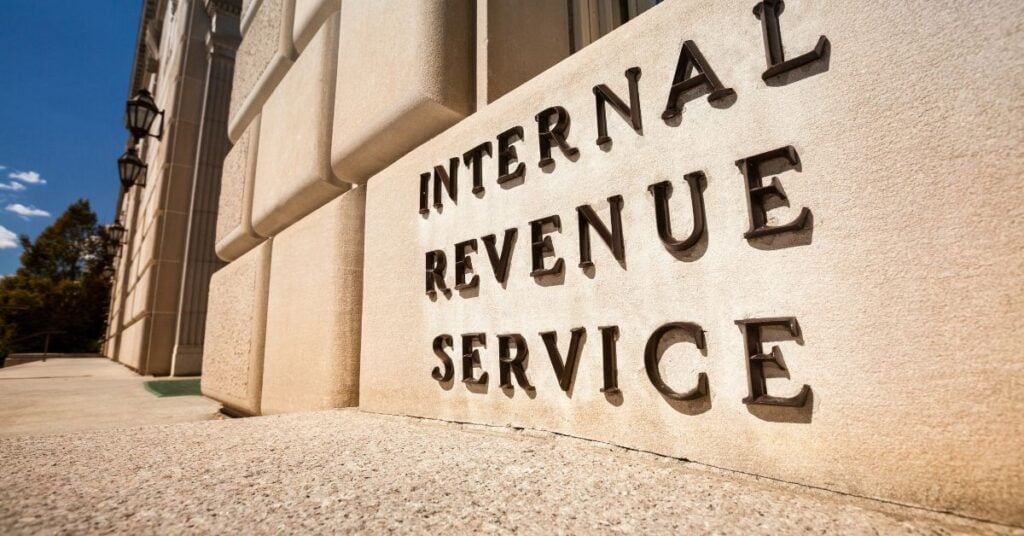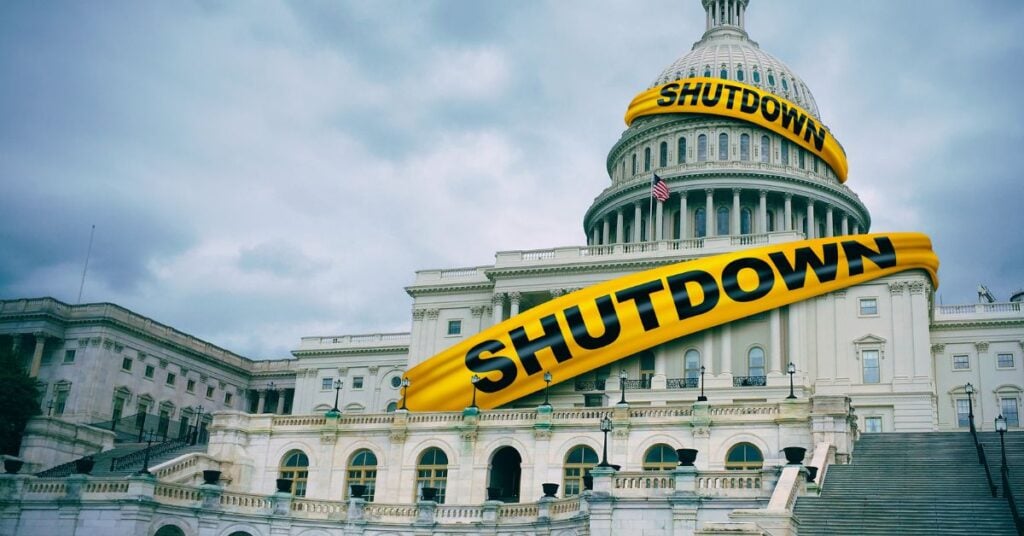Last year, Congress reversed decades of funding cuts to the IRS to help the agency improve taxpayer services and crack down on wealthy tax cheats through the Inflation Reduction Act. The IRS adopted their assignment, and this past tax filing season was a marked improvement from the year before – both for the agency and for taxpayers.
Taxpayers spent less time waiting for someone to pick up the phone and received their refunds more quickly. At the same time, the IRS is ramping up collections from the ultra-wealthy and big corporations who try to hide their true tax bills.
Inexplicably, some lawmakers have decided that these increased funds should be sacrificed to their partisan feuds. Earlier this year, while ostensibly seeking a reduction in the budget deficit, Republican lawmakers demanded substantial cuts to IRS funding – even though these cuts actually increased the deficit. The White House agreed to those cuts to avoid a catastrophic debt default, but now, Republicans are asking for a rescission of nearly the entire IRA funding, going back on the agreement they made earlier in the summer.
Members of Congress should not be tempted to once again cut IRS funding to avert a financial catastrophe. Cutting IRS funds to reduce the budget deficit could not be more counterproductive. The cuts – while technically scored as reductions in spending – create a net increase in the deficit because the lost tax revenue from the wealthy and big businesses outweighs the limited spending reductions.
IRS Cuts will Increase the Deficit
The Treasury Department has estimated that the tax gap – the difference between the taxes that are legally owed and those that are actually paid – has grown to about half a trillion dollars a year. Over half of that comes from individuals in the richest 5 percent. But it is significantly cheaper for the IRS to audit low-income individuals, so when the agency’s funding diminished in past decades, the agency disproportionately focused on families receiving refundable credits like the Earned Income Tax Credit.
Hiring enough agents to focus on the wealthy is a more fruitful approach. For every dollar spent auditing the top 10 percent, revenues rise by an additional 12 dollars. When Congress allocated the additional IRS funds last year, the Congressional Budget Office estimated they would increase revenue by $200 billion over the next decade. Cutting these funds in pursuit of “fiscal responsibility” makes little sense. It will only lead to more tax dodging from the rich and powerful who are most able to pay into essential government services.
More Headaches for Regular Americans
Worse, it could lead the agency back to the mold of the previous decade, where the IRS was forced to focus on low- and middle-income families without adequate funding for high-income and corporate audits. Audit rates of millionaires shrunk while audit rates of EITC recipients stayed flat, meaning that by the end of the last decade, poor Americans were almost as likely to be audited as someone in the top 1 percent. With new funds from Congress, the IRS announced this month that it would lower audit rates on low- and middle-income families and focus their resources on high-income tax dodgers.
Even if regular Americans don’t see a return to higher audit rates, IRS funding cuts will make filing taxes more difficult and time-consuming. The IRS has begun developing a free-filing service to make tax season simpler and cheaper for regular American families. Without such free filing, paid tax preparers prey on low-income families, charging them exorbitant fees or taking big bites out of the refundable tax credits families receive that are intended to provide income support.
House Republicans have proposed a ban on the free-filing program, and corporate lobbyists could not be more pleased. ProPublica recently reported that Intuit, the parent company of TurboTax, has airdropped an army of lobbyists on Capitol Hill and has placed op-eds throughout the country to make ridiculous claims that a free e-file service would be harmful to Black families.
This lobbying blitz is based on a ludicrous distortion of a recent study that found the IRS is much more likely to audit Black taxpayers. The study raises valid concerns, but the corporate reading is bogus. Most of the discrepancy is due to Black taxpayers claiming refundable tax credits meant for family income support in larger proportion than other families. As previously mentioned, IRS funding cuts have made it cheaper for the IRS to focus on these families than on upper-income families.
With additional funding, the IRS is lowering its audit rates on these families to focus on high-income individuals. And the free-filing service will help families find out just how much they are eligible for in refundable credits before they file.
The charade is nothing more than a scare tactic from the companies who make billions in profits by charging families to navigate the tax code. Lawmakers were right to increase funding for the IRS. It made things simpler for regular American families and is helping collect the taxes that multinational corporations and the very wealthy legally owe.





